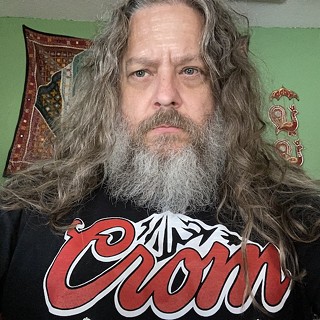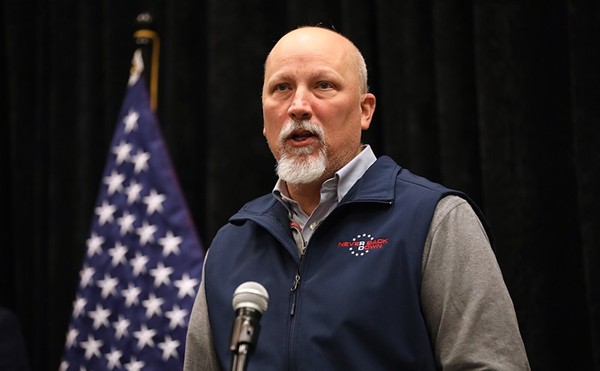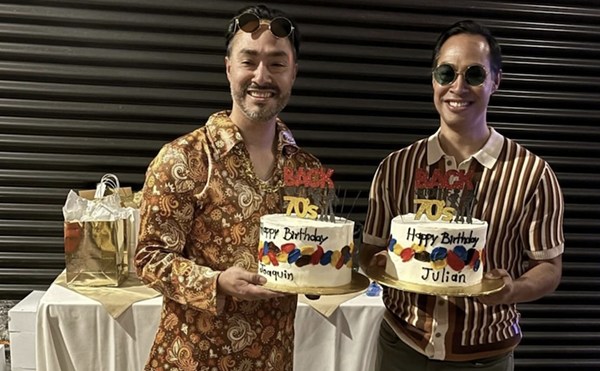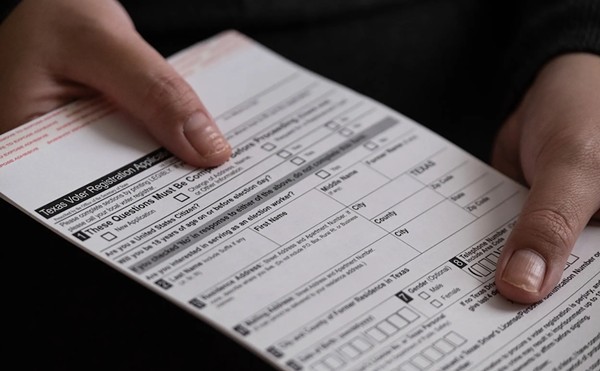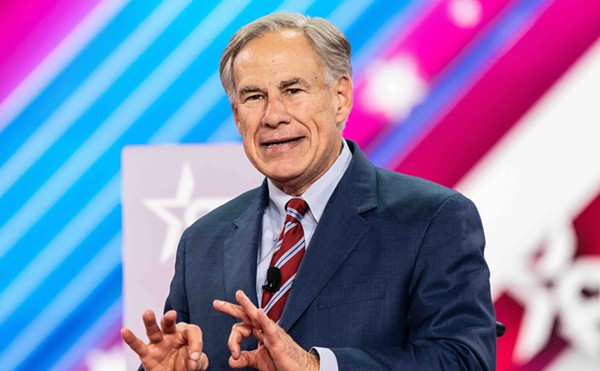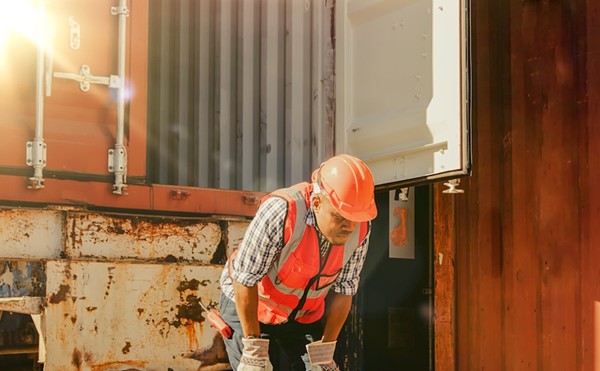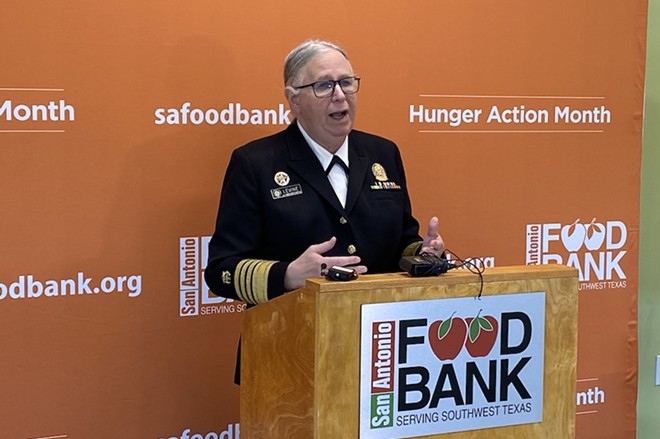
Climate change is likely to worsen food insecurity among the nation's most vulnerable residents, including those in San Antonio, said Admiral Rachel L. Levine, assistant secretary of the U.S. Department Health and Human Services.
"The influence of climate change is one of the existential health risks of our time," said Levine, who was in the city Monday for a nutrition-insecurity summit hosted by the San Antonio Food Bank. "When people ask what keeps me up at night, that keeps me up at night: the influence of climate change on health."
Levine said growing heat across the Southwest has detrimental effects on the ability for farmers to grow crops, and it also harms native food sources. That, in turn, drives up prices for low-income residents who already have difficulty accessing healthy foods.
What's more, natural disasters such as hurricanes are increasing due to climate change. The impact of those weather events also lead to food scarcity and force more people to rely on food assistance, Levine added.
Those who feel the brunt of growing global temperatures on the food supply are marginalized communities that already have a hard time accessing healthy food or affording food altogether, she said.
"The same communities are going to be suffering from the effects of climate change and the effects of climate change on nutrition," she added. "That's particularly true, for example, for communities of color — the Hispanic/Latino community, the Black/African American community, the American Indian-Alaska Native community — which have suffered health disparities most acutely and will continue to feel those most acutely."
During her remarks, Levine — a medical doctor — also stressed the importance of communities collaborating to ensure people have access to healthy food as a form of preventative medicine. Healthy eating can reduce risks of maladies that disproportionately effect low-income people, she added.
"If we can use food as medicine, it's a lot more holistic and a lot less expensive than injectable medications," Levine said. "They have a role, but we can prevent and treat a lot of the chronic health conditions we see, such as hypertension, such as heart disease, such as diabetes and more with a food-as-medicine approach."
State governments have the authority to implement programs that allow their Medicaid plans to cover food-as-medicine and other nutritional programs, according to HHS officials. However, Texas remains one of just 10 states that haven't accepted the federal Medicaid expansion.
"What would it look like to have a prescription from a farm-acy — that's an F-A-R-M-acy — to go with your prescription you get from the local drug store?" said Michael Guerra, the San Antonio Food Bank's chief sustainability officer. "So, I think that's the place where we are hopeful we can move, holistically, where Medicaid and Medicare will be able to cover from a reimbursement standpoint that food-insecure person who needs that for medicine."
Follow us: Apple News | Google News | NewsBreak | Reddit | Instagram | Facebook | Twitter| Or sign up for our RSS Feed


